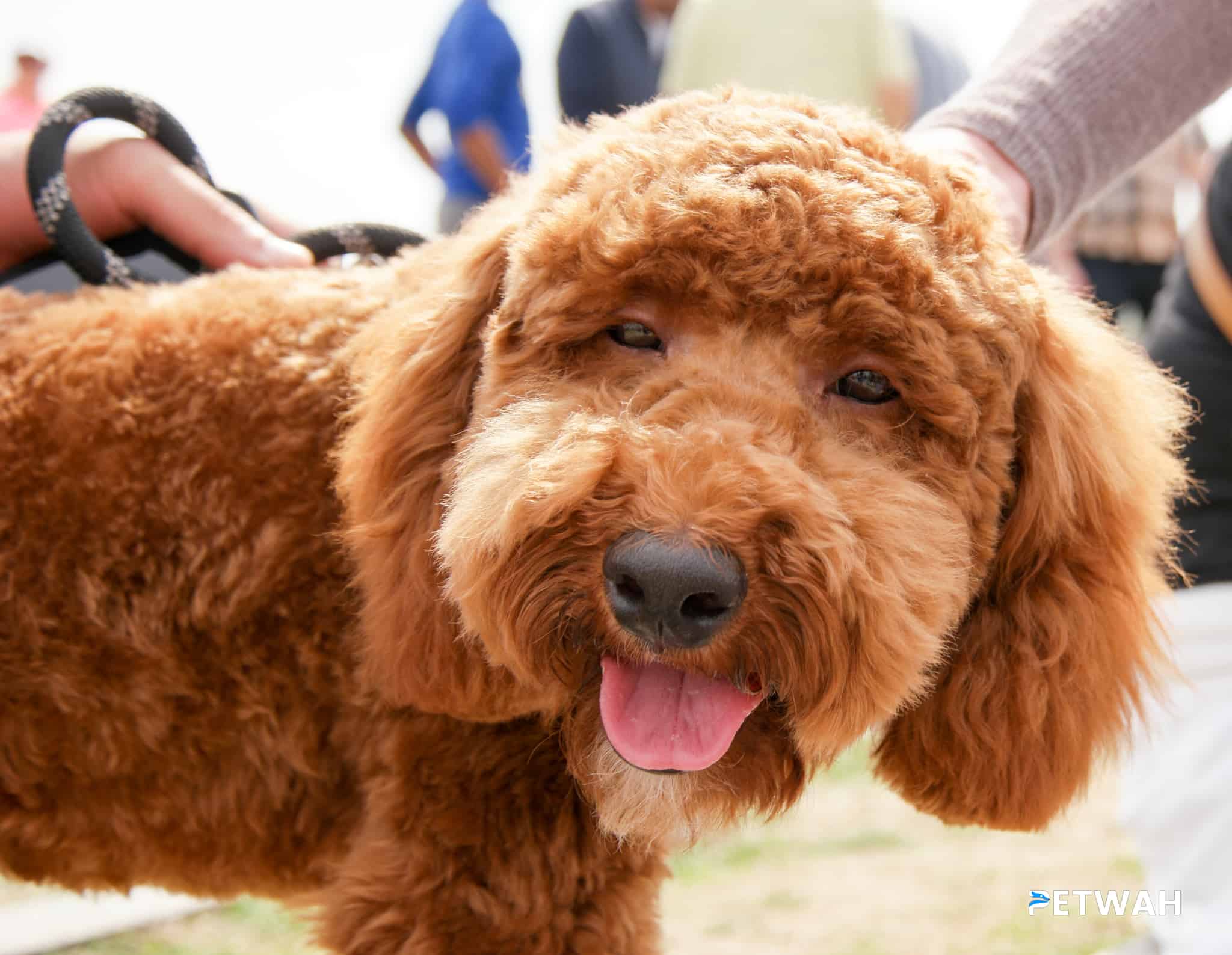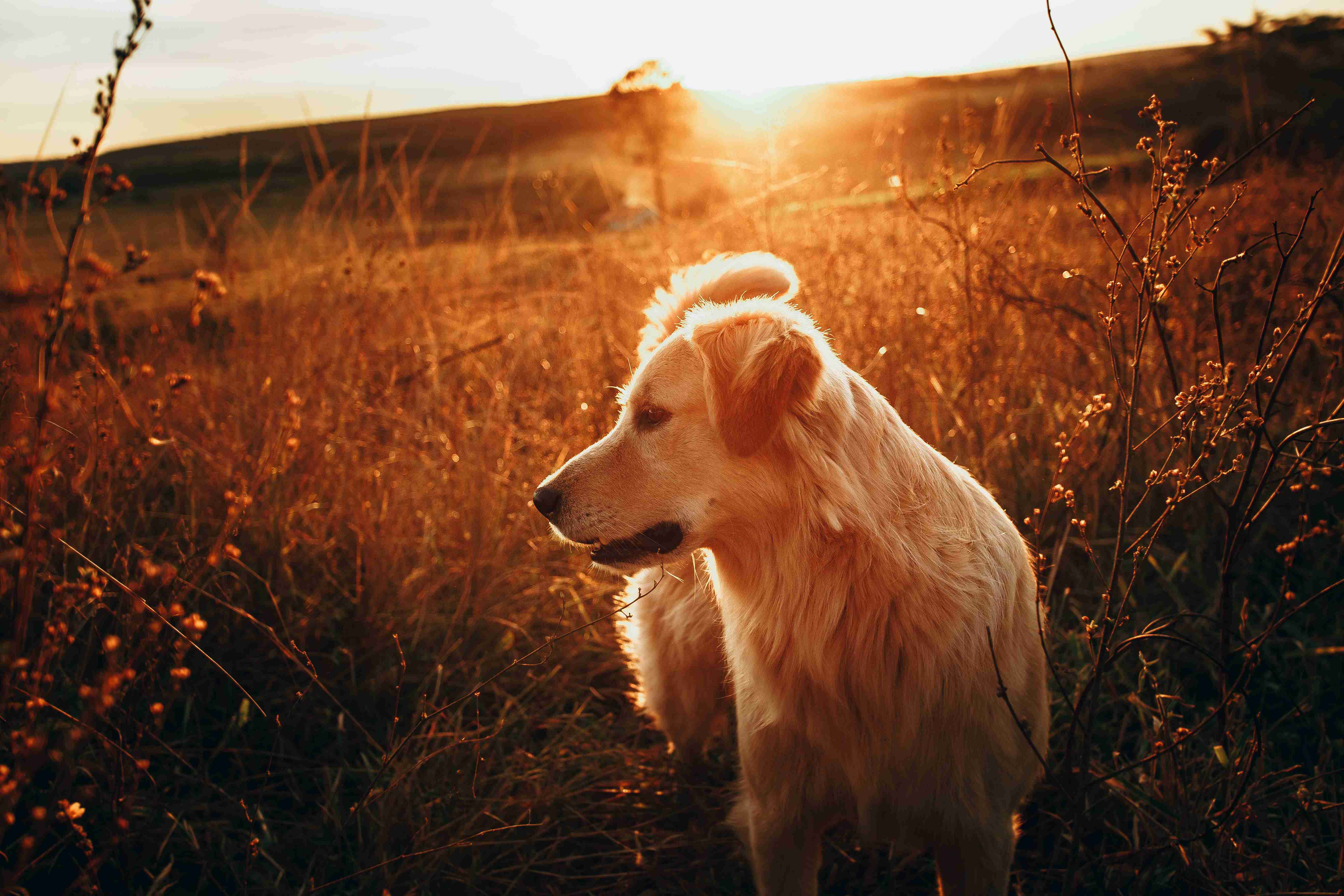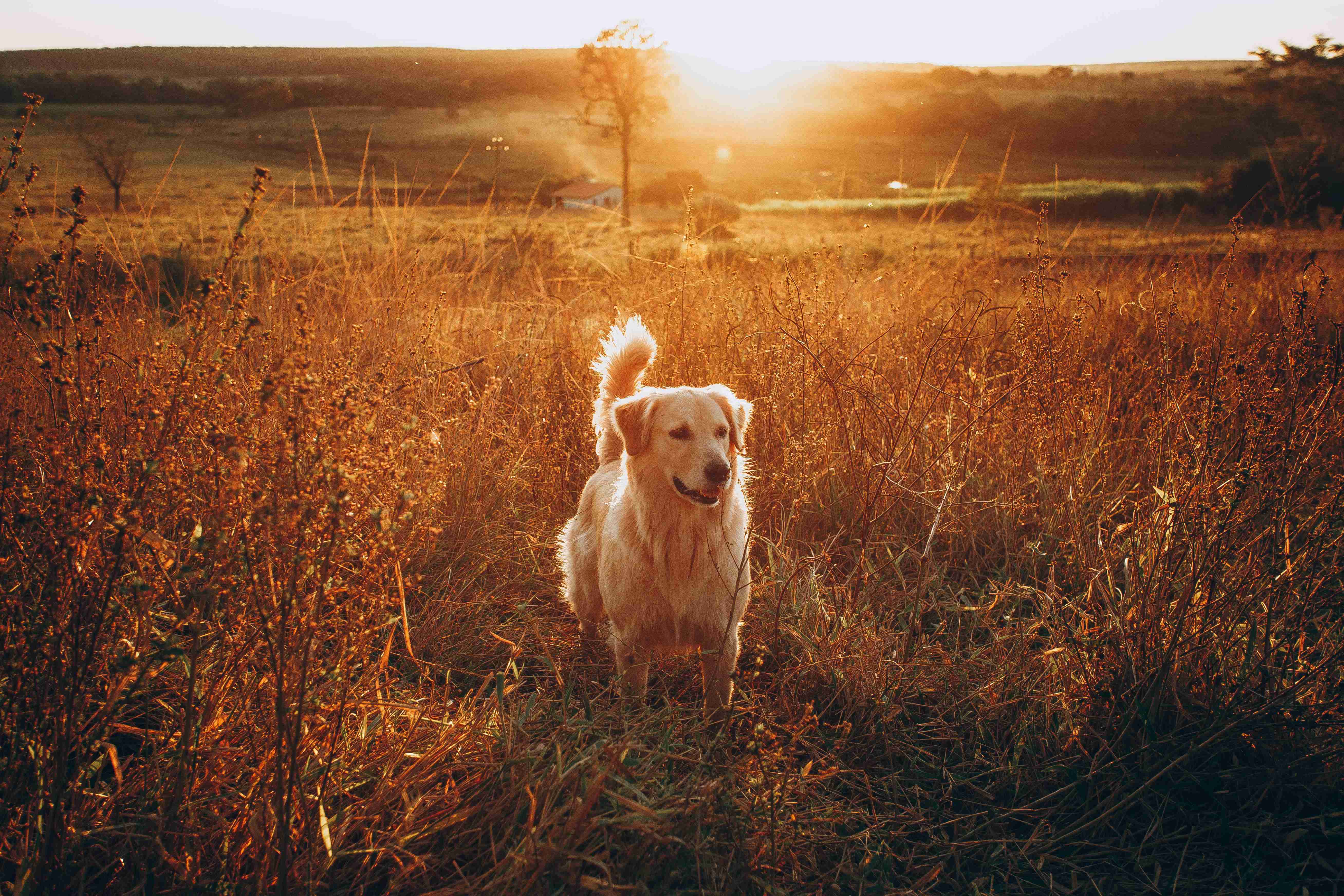Welcome to Poodle Health 101, where we’ll dive into an important aspect of your beloved poodle’s well-being: food allergies. As loving owners, we want our furry friends to live happy and healthy lives. Unfortunately, just like humans, poodles can develop food allergies that can cause discomfort and health issues. But fear not! In this blog post, we’ll explore the world of poodle food allergies, including the signs to look out for, how to manage their diet, and effective strategies for prevention and treatment. By understanding and taking proactive steps, you can ensure your poodle’s diet is tailored to their specific needs, ultimately leading to a happier, healthier, and more vibrant pup. So, let’s unravel the mystery of food allergies together and embark on a journey to master diet management for your poodle companion.
Poodle Health 101: Unraveling Food Allergies and Mastering Diet Management for a Happy and Healthy Pup
Poodles are not only known for their intelligence and elegance but also for their potential to develop food allergies. As a responsible poodle owner, it is crucial to understand the signs, causes, and management of food allergies in order to provide your furry friend with the best care possible. In this blog post, we will dive deep into the world of poodle health, specifically exploring food allergies and how to prevent and treat them through proper diet management.
Understanding Food Allergies in Poodles:
Food allergies occur when a dog’s immune system reacts negatively to certain ingredients in their food. Poodles, like any other breed, can develop food allergies at any age. Common allergens for poodles include chicken, beef, dairy products, wheat, and corn. It is important to note that food intolerances and sensitivities are different from food allergies. While intolerances or sensitivities may cause an upset stomach or diarrhea, food allergies can lead to more severe symptoms like skin rashes, itching, ear infections, and gastrointestinal issues.
Identifying Food Allergies in Poodles:
Recognizing the signs of a food allergy in your poodle is the first step towards managing their diet effectively. Keep an eye out for symptoms such as excessive scratching, hair loss, hot spots, chronic ear infections, vomiting, diarrhea, or gastrointestinal upset. If you suspect that your poodle has a food allergy, consult with your veterinarian to rule out any other possible causes and to discuss allergy testing options.
Preventing Food Allergies in Poodles:
.jpg)
Preventing food allergies in poodles begins with proper nutrition and early introduction of various ingredients during their puppyhood. It is crucial to provide a balanced diet that includes high-quality proteins, healthy fats, and a variety of fruits and vegetables. Avoid sticking to a single type of protein or carbohydrate source for an extended period, as this can increase the risk of developing allergies. Gradually introduce new ingredients to your poodle’s diet, monitoring any adverse reactions. Additionally, avoid feeding your poodle table scraps and highly processed foods, as they often contain additives and preservatives that can trigger allergic reactions.
Managing Food Allergies through Diet:
If your poodle is diagnosed with a food allergy, the primary treatment will involve eliminating the allergen from their diet. Your veterinarian may suggest a hypoallergenic diet or a limited ingredient diet with novel protein and carbohydrate sources that your poodle has never been exposed to before. These specialized diets are designed to minimize the risk of triggering an allergic reaction. It is important to strictly adhere to the recommended diet and avoid giving your poodle any treats or supplements that contain the allergen.
Monitoring and Adjusting the Diet:
Once you have identified and managed your poodle’s food allergies, it is vital to closely monitor their progress. Keep a journal to track any changes in their symptoms, noting the ingredients in their diet at the time. Regularly consult with your veterinarian to discuss your poodle’s dietary needs and make any necessary adjustments. Remember, every dog is unique, and what works for one poodle may not work for another. Pay attention to any new symptoms or signs of discomfort that may indicate a need for a modified diet.
Incorporating Alternative Diets:
In some cases, despite efforts to manage their diet, poodles may still experience food allergies or sensitivities. This is when alternative diets such as raw food or homemade diets may be considered. However, it is crucial to consult with a veterinary nutritionist or your veterinarian to ensure that the alternative diet is nutritionally balanced and meets your poodle’s specific dietary requirements.
As a loving and responsible poodle owner, taking care of your pup’s health should always be a top priority. Understanding the signs, causes, and management of food allergies is key to ensuring your poodle lives a happy and healthy life. By preventing, identifying, and managing food allergies through proper diet management, you can provide your poodle with the best chance of a comfortable and allergy-free existence. Always consult with your veterinarian for guidance and support throughout this journey, as they can provide personalized advice tailored to your poodle’s unique needs. Together, let’s keep our poodles thriving and enjoying a diet that keeps them wagging their tails with joy.
In conclusion, understanding and managing food allergies in poodles is crucial for their overall health and well-being. By being aware of the signs and symptoms, working closely with your veterinarian, and implementing a carefully planned diet, you can help prevent and treat food allergies in your beloved poodle. Remember, a happy and healthy pup begins with a well-managed diet, so take the necessary steps to ensure your furry friend lives their best life. With your attentiveness and dedication, you can provide a lifetime of love and care for your poodle, free from the discomfort of food allergies. So, let’s raise our bowls to the health and happiness of our poodles!


.jpg)
%20-%20Copy.jpg)
%20-%20Copy.jpg)



.jpg)